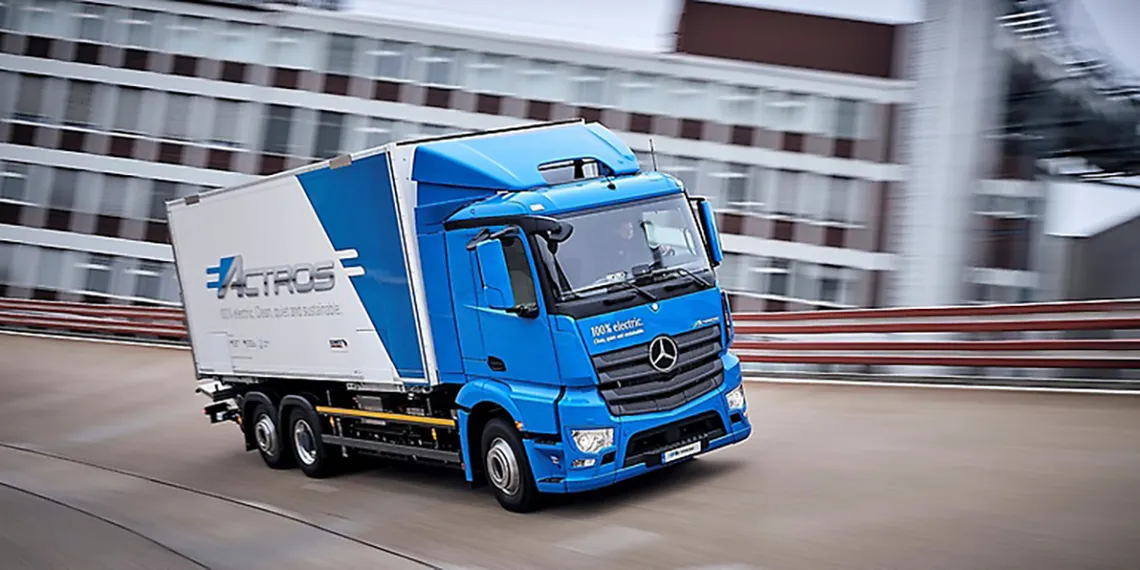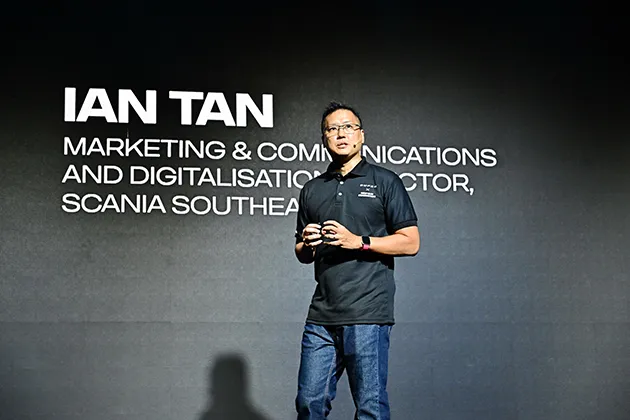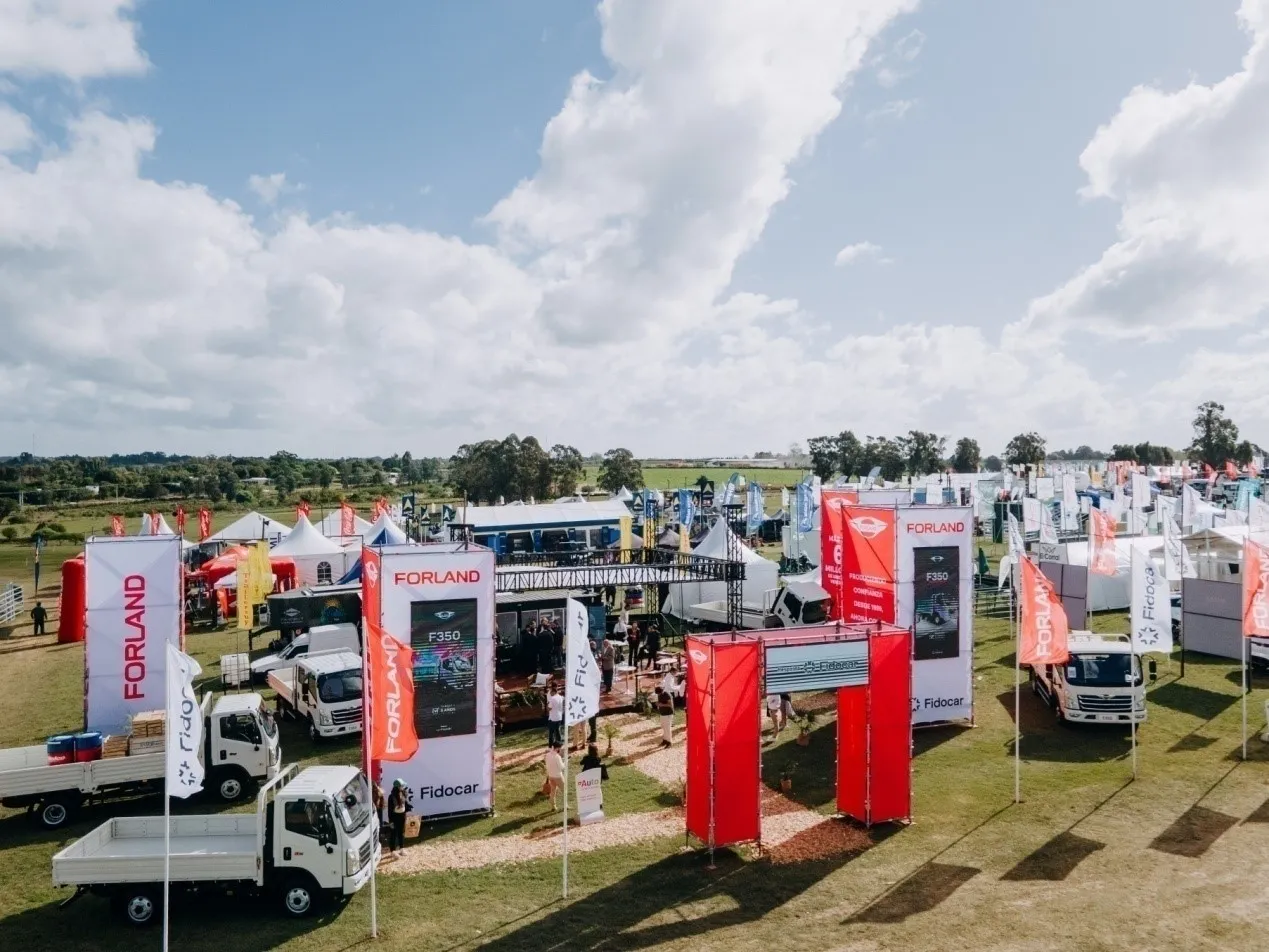Asia Pacific is projected to experience steady growth in the EV market, owing to the high demand for electric buses in public transport fleets.
Will EVs Take Over Sooner Than We Think?
According to MarketsandMarkets, the global electric commercial vehicle market share is projected to reach 2,026 thousand units by 2028, growing from an estimated 129 thousand units in 2020. This is at a CAGR of 41.1 per cent. Asia Pacific is projected to experience steady growth in the electric vehicle market, owing to the high demand for electric buses in public transport fleets.
Although the Covid-19 pandemic has slowed the market, many believe that Electric Vehicles (EVs) are well placed to dominate the future auto market. The cost of batteries is expected to fall, the range will increase, and there will also be more charging infrastructure, which will continue to pave the way for EVs.
EVs will probably take over sooner than we think. To gain insight on the impact of EVs within the commercial vehicle (CV) market in Southeast Asia (SEA), as well as the challenges and opportunities that lie ahead, Truck and Bus News recently organised and moderated a panel of CV manufacturers and suppliers.
The panel included:
Harald Schmid, Chief Executive Officer, Daimler Commercial Vehicles South East Asia Pte. Ltd.
KC Lim, General Manager, Dongfeng Commercial Vehicle Malaysia Sdn Bhd
Atsushi Uchiyama, Managing Director, Hino Motors Sales (Malaysia) Sdn Bhd
Idros Puteh, Strategic Customer Development Director, Scania Southeast Asia
Karen Tan, General Manager, Volvo Buses Malaysia
How will electric vehicles impact the CV market in SEA during the next five years?
Harald Schmid: Electric vehicles will come to play a very important role in the CV market, especially in SEA. As economies and cities continue to grow, finding sustainable ways to support this demand for logistics will become even more crucial.
There are already many countries adopting policies that are supportive of EV sales, for example, taxation schemes in Thailand. And across the region, there is very high regulatory interest in reducing the carbon footprint of transportation and increasing the overall quality of life in urban centres. Mitsubishi Fuso Truck and Bus Corporation (MFTBC) and Daimler Commercial Vehicles South East Asia, in collaboration with our customers here, are constantly monitoring the market situation to prepare for the future…..
Are you enjoying reading this article. Click here to read more..
东南亚准备好迎接电动商用车了吗?
根据MarketsandMarkets的数据,到了2028 年,全球电动商用车市场的规模预计将从 2020 年的 12.9 万辆增至 202.6 万辆,复合年增长率为 41.1%。由于公共交通车队对电动巴士的需求旺盛,预计亚太地区将实现稳定增长。
尽管冠病放缓了电动汽车(EV)市场的增长,但许多人认为电动汽车有能力主导未来的汽车市场。预计电池成本会下降,续航里程会增加,充电基础设施也会更多,这些都将会继续为电动汽车铺平道路。
电动汽车可能会比我们想象的更早成为主流。为了深入了解电动汽车对东南亚 (SEA) 商用车 (CV) 市场的影响、未来的挑战和机遇,《卡客车新闻》特别将商用车制造商和供应商集合起来对此课题进行讨论。
受邀的商用车制造商和供应商包括:
戴姆勒商用车东南亚私人有限公司首席执行员哈拉尔·施密德(Harald Schmid)
东风商用车马来西亚私人有限公司总经理林锦初
日野汽车销售(马来西亚)私人有限公司董事经理内山厚志(Atsushi Uchiyama)
斯堪尼亚东南亚区策列客户开发总监伊罗斯普特(Idros Puteh)
马来西亚沃尔沃巴士总经理陈淑慧
未来 5 年,电动汽车将如何影响东南亚的商用车市场?
哈拉尔: 电动汽车将在商用车市场中发挥非常重要的作用,尤其是在东南亚。随着经济和城市的不断发展,寻找可持续的方式来支持这种物流需求将变得愈发重要。
已经有许多国家采取了支持电动汽车销售的政策,例如泰国的税收计划。整个地区在减少交通碳足迹和提高城市中心的整体生活质量方面,存有非常高的监管。三菱扶桑卡车及巴士公司 (MFTBC) 和东南亚戴姆勒商用车公司与我们这里的客户合作,不断监测市场形势,为未来做好准备…..
点击读全文….








